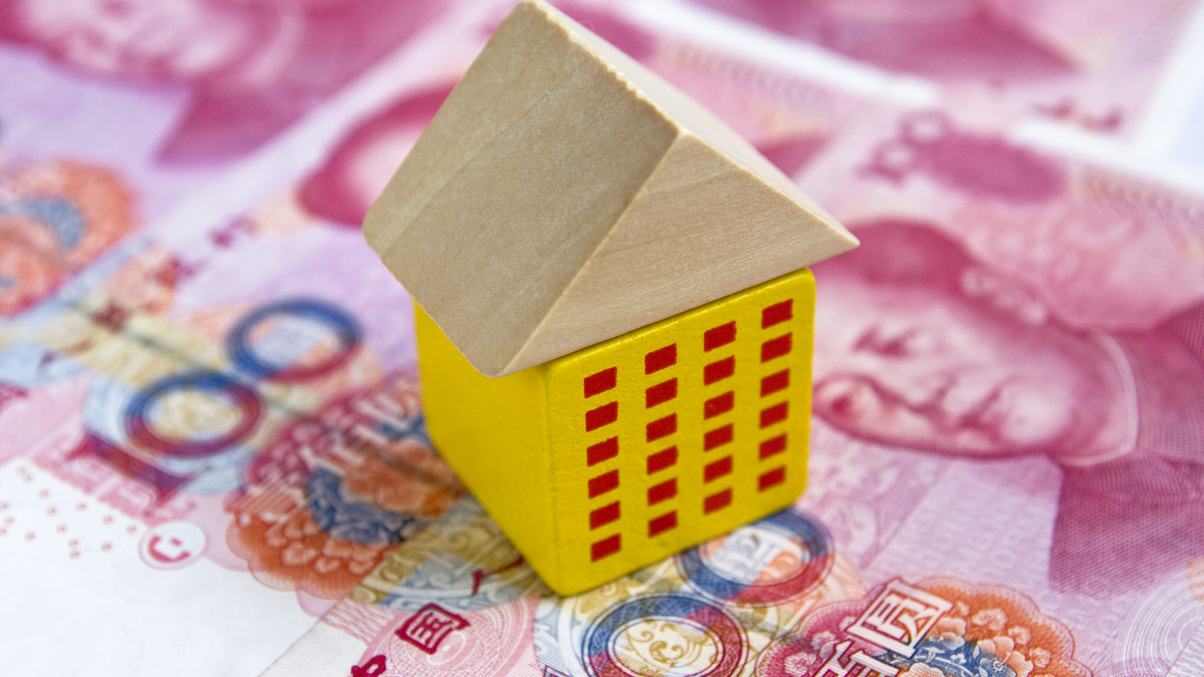Ping An backs real assets and property despite China jitters
China’s largest insurer remains bullish on the long-term prospects for property and real assets in China despite the latest shockwaves in the sector

Ping An - China’s biggest insurance group and also the world’s largest with assets worth US$1.25 trillion – has said it will continue to build its property portfolio despite China’s ongoing funding crisis in the real estate sector.
Sign in to read on!
Registered users get 2 free articles in 30 days.
Subscribers have full unlimited access to AsianInvestor
Not signed up? New users get 2 free articles per month, plus a 7-day unlimited free trial.
¬ Haymarket Media Limited. All rights reserved.


